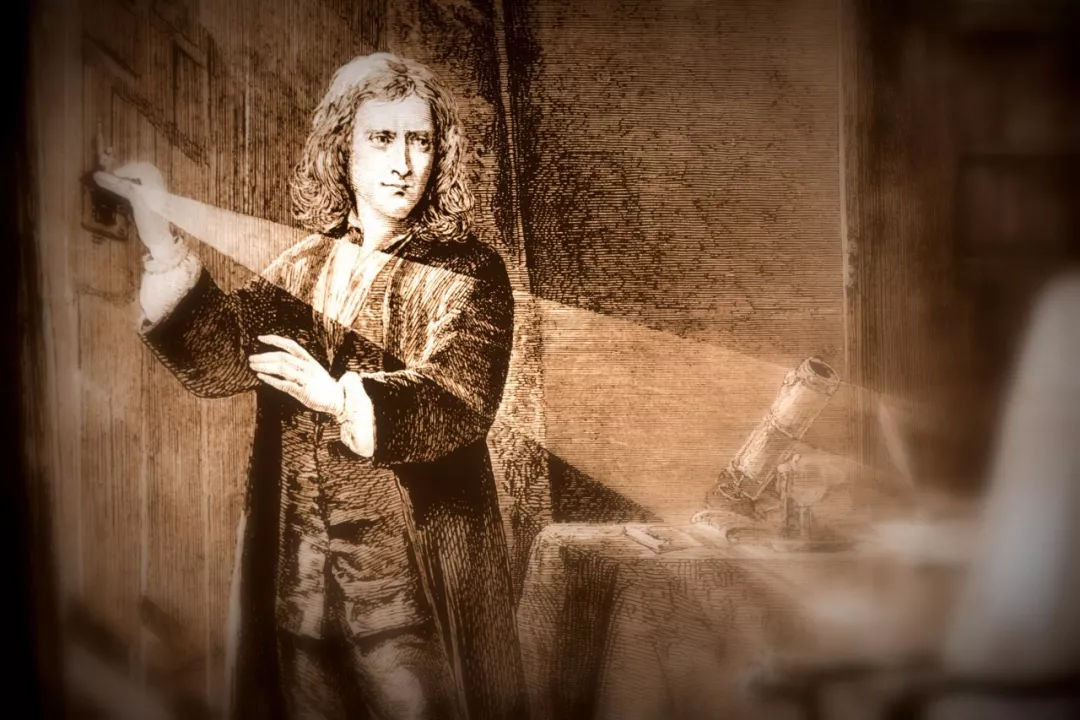Top 10 Greatest Scientists in the World, The Greatest Scientists in History, Ranking of World-renowned Scientists.
1. Isaac Newton
Isaac Newton, a renowned British physicist and mathematician, was a polymathic scholar. He authored “Mathematical Principles of Natural Philosophy” and “Optics.” In his 1687 treatise “Mathematical Principles,” he described universal gravitation and the three laws of motion, laying the groundwork for modern engineering. Newton is revered as the “father of modern physics” and remains one of the most influential figures in the history of science.
2. Galileo Galilei
Galileo Galilei, an Italian astronomer, physicist, and engineer, is considered the founder of modern natural science in Europe. He delved into velocity, acceleration, gravity, and free fall, proposed relativity and inertia principles, and conducted research in applied science and technology. His work involved the nature of pendulums, “hydrostatic equilibrium,” and the invention of thermometers and various military compasses. Galileo is known as the “Father of Modern Physics.”
3. Albert Einstein
Born in Ulm, Baden-Württemberg, Germany, Albert Einstein was a Jewish physicist with dual citizenship in the United States and Switzerland. He ranks among the most creative minds in human history. During his lifetime, he made seminal contributions to four fields of physics: special relativity, general relativity, cosmology, and unified field theory. He played a key role in the development of quantum theory and made significant contributions to molecular kinetic theory and quantum statistical theory.
4. Thomas Alva Edison
Hailing from Milan, Ohio, and passing away in West Orange, New Jersey, Thomas Alva Edison was a world-renowned inventor, physicist, and entrepreneur, widely known as the “Wizard of Menlo Park.” With over 2,000 well-known and significant invention patents, he pioneered the principles of mass production and electrical engineering research in his laboratory, profoundly impacting the world.
5. Michael Faraday
Michael Faraday, a British physicist and chemist, was a self-taught scientist who made a pivotal breakthrough in the electric field in 1831, revolutionizing civilization. A student and assistant to the famous British chemist Sir Humphry Davy, Faraday’s discoveries laid the foundation for electromagnetism and foreshadowed the work of James Clerk Maxwell. He is honored as the “Father of Electricity” and “Father of Alternating Current.”
6. Johannes Kepler
Johannes Kepler, a German astronomer, mathematician, and astrologer, discovered the three laws of planetary motion, known as the orbital law, area law, and periodic law. These laws earned him the title of “Legislator of the Sky.” He also made significant contributions to optics and mathematics, establishing himself as the founder of modern experimental optics.
7. Charles Robert Darwin
British biologist Charles Robert Darwin is the founder of the theory of evolution. His groundbreaking work, “The Origin of Species,” challenged various idealistic theories of creation and the immutability of species, transforming the fields of biology, anthropology, psychology, and philosophy. His contribution to mankind is hailed as one of the three major discoveries of natural science in the 19th century, alongside the theory of cells and the law of energy conservation and transformation.
8. James Clerk Maxwell
James Clerk Maxwell, born in Edinburgh, Scotland, was a British physicist and mathematician, credited as the founder of classical electrodynamics and a co-founder of statistical physics. His work “On Electricity and Magnetism,” published in 1873, is considered one of the most important physics classics after Newton’s “Mathematical Principles of Natural Philosophy.” Maxwell is widely regarded as one of the most influential physicists in the history of science, with his contributions forming the basis for modern electrical engineering and civilization.
9. Alfred Bernhard Nobel
Swedish chemist, engineer, inventor, and manufacturer of military equipment, Alfred Bernhard Nobel, was born in Stockholm. Nobel amassed significant wealth with over 355 patented inventions during his lifetime. In 1895, he established the Nobel Prize through his will, which is awarded to individuals worldwide for their significant contributions to humanity in the fields of physics, chemistry, physiology or medicine, literature, and peace.
10. Marie Curie
Born in Warsaw and known as “Madame Curie” worldwide, Marie Curie was a renowned French scientist of Polish descent, specializing in physics and chemistry. Her achievements include creating the theory of radioactivity, inventing technology to separate radioactive isotopes, and discovering two new elements, polonium and radium. She also pioneered the use of radioactive isotopes in cancer treatment. Marie Curie remains the first person to have won two Nobel Prizes.

